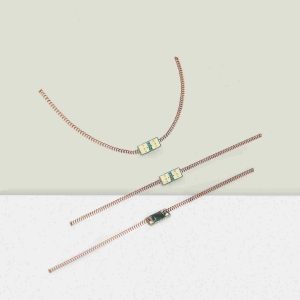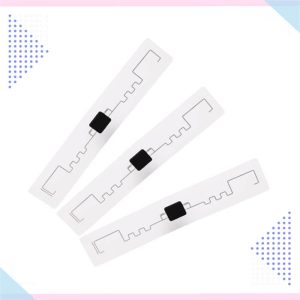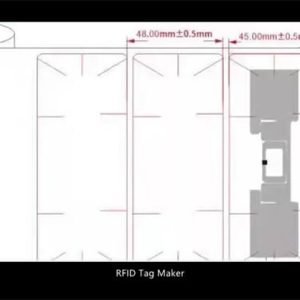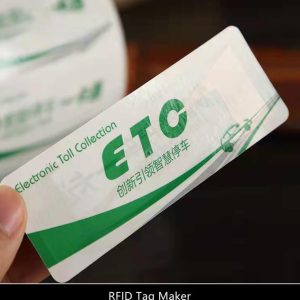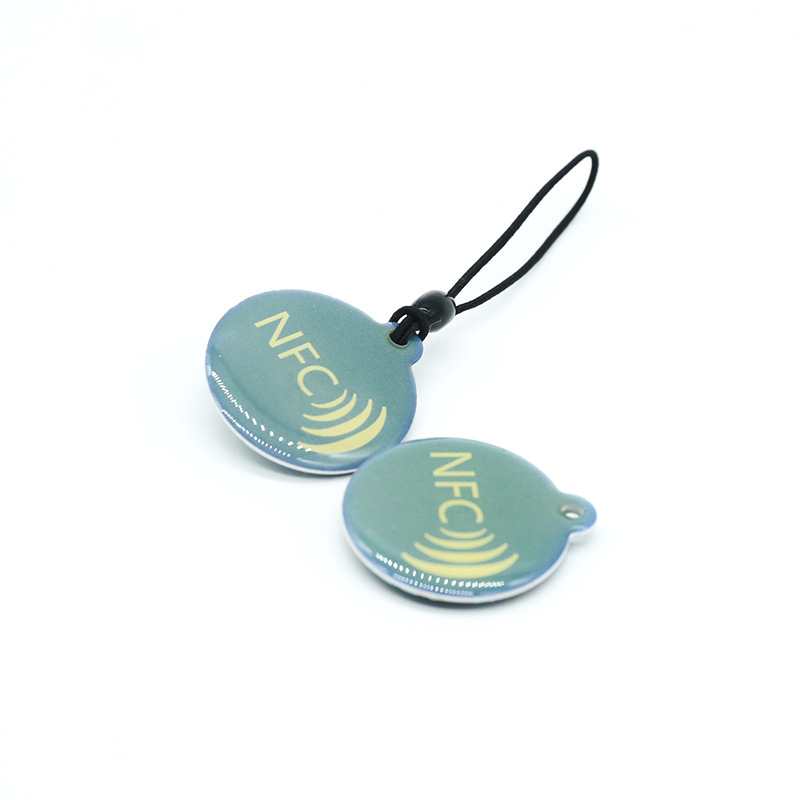Radio Frequency Identification (RFID) technology has found extensive applications in the field of transportation, particularly in toll collection systems. It offers several advantages over traditional toll collection methods such as cash or manual ticketing. In an RFID-based toll collection system, a small electronic tag is affixed to the vehicle’s windshield. This tag communicates with the RFID reader installed at the toll gate.
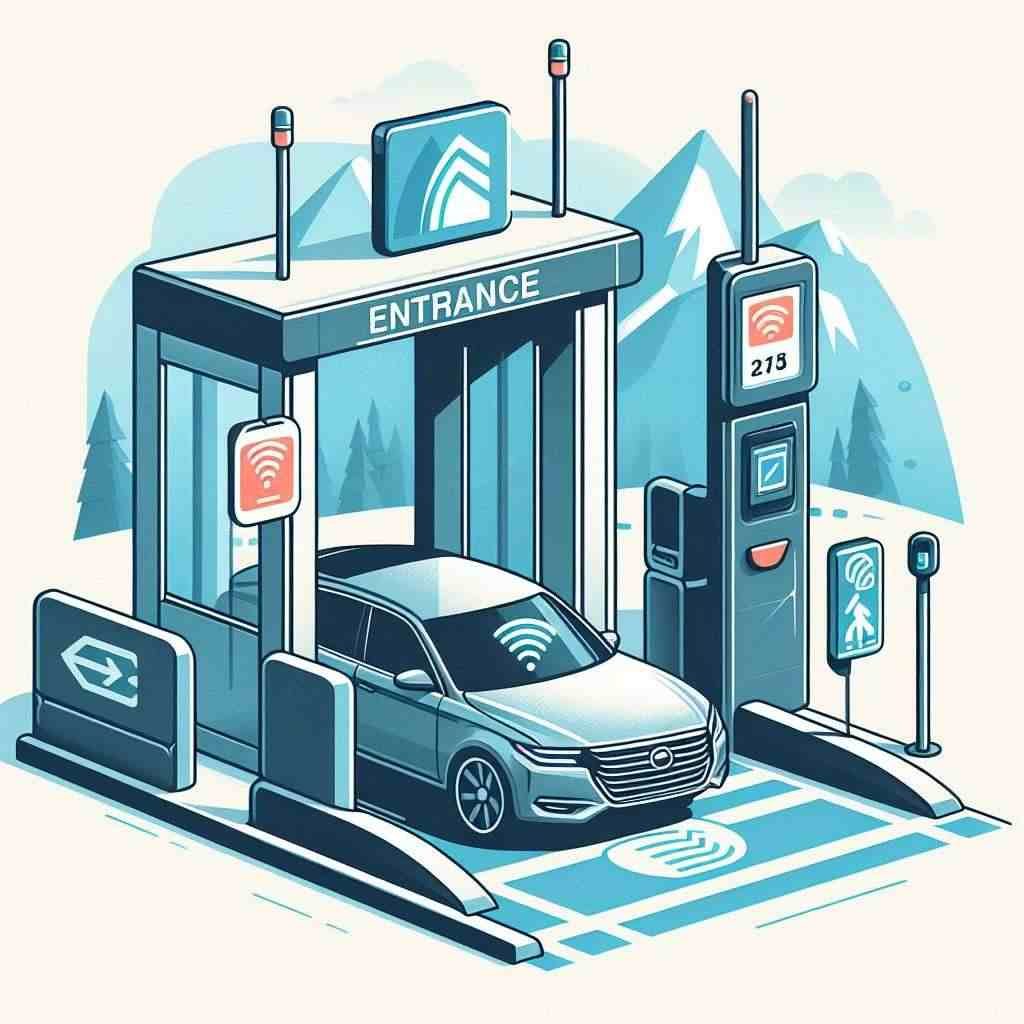
Here are some key applications of RFID in transportation:

- Automatic Vehicle Identification (AVI): RFID tags can be installed in vehicles, and RFID readers are installed at toll gates. This setup allows for the automatic identification of vehicles and the collection of tolls or parking fees. This method significantly improves the efficiency of toll collection, reduces the need for manual intervention, and makes the toll collection process smoother.

2. Vehicle Management: RFID tags can be used to track the movements, activities, and conditions of vehicles. This tracking enables operators to schedule tasks more efficiently. For instance, by tracking the real-time location and status of vehicles, operators can adjust the vehicles’ routes and timetables promptly, thereby enhancing operational efficiency.

3. Supply Chain Management: RFID tags can be attached to cargo containers or goods being shipped. These tags allow for the tracking of their movements and the monitoring of their condition during transportation. This tracking is crucial for ensuring the safe transportation and timely delivery of goods.

4.Asset Tracking: RFID tags can be used to track valuable assets, such as high-value items or equipment, to reduce the risk of loss or theft. For example, high-value devices or instruments can be fitted with RFID tags so that they can be quickly located and recovered if they are lost or stolen.
5. Public Transportation: RFID-enabled tags or cards can be used as a contactless payment method in public transportation systems for payment and access control. For example, passengers can use RFID cards to pay for bus or subway fares without the need for cash transactions, making it both convenient and secure.
The workflow of RFID in toll collection systems involves several steps:

- Tag Installation: The first step is to install an RFID tag on the vehicle’s windshield. The tag, which consists of a microchip and an antenna, transmits the vehicle’s unique identification number to the RFID reader. The tag can be either active or passive. In an active tag, the power source is within the tag, and it continuously transmits its signal. In a passive tag, the tag derives energy from the reader’s signal and sends the response signal back.
- RFID Reader Installation: The RFID reader is installed at the toll plaza. It comprises an antenna, a reader module, and a communication interface. The antenna receives the signal from the tag and sends it to the reader module. The reader module then decodes the signal and sends it to the communication interface, which is connected to the toll management system.
- Toll Management System: The toll management system is the central control unit of the toll collection process. It consists of a database of registered vehicles, toll fee rates, and payment processing methods. When the RFID reader receives the signal from the tag, it sends the vehicle’s identification number to the toll management system for verification.
- Verification and Deduction of Toll Fee: The toll management system verifies the identification number against the registered database and deducts the appropriate toll fee from the user’s account. The toll fee can be deducted from a prepaid account, an electronic wallet, or a credit card.
- Confirmation and Barrier Control: Once the toll fee is deducted from the user’s account, the toll management system sends a confirmation signal to the RFID reader. The RFID reader then activates the barrier to allow the vehicle to pass through the toll plaza.
- Transaction Record: The toll management system also keeps a record of all transactions for audit and billing purposes.
The application of RFID technology in the field of transportation brings great convenience to our lives, making transportation more efficient, secure, and intelligent. However, it’s important to note that the application of any technology needs to consider potential issues, such as privacy protection, system interoperability, and the cost of initial equipment installation. These issues need to be fully considered and addressed in practical applications.
How to Get RFID Tag for Car
Getting an RFID tag for your car is typically a straightforward process. Most toll operators or transportation authorities provide RFID tags to users. The user needs to register their vehicle details and create an account for toll payment. Once the account is set up, the RFID tag can be affixed to the car windshield.
Industrial RFID Reader
Industrial RFID readers are robust devices designed to withstand harsh environments. They are capable of reading RFID tags from a distance and can read multiple tags simultaneously. These readers are commonly used in applications such as toll collection, vehicle tracking, and access control.
RFID Vehicle Access Control
RFID technology is also used for vehicle access control. In this setup, an RFID reader is installed at the entrance of a restricted area. Vehicles with authorized RFID tags are allowed access, while others are denied. This system enhances security and allows for efficient management of vehicle access.
Automatic Vehicle Identification
Automatic Vehicle Identification (AVI) is another application of RFID in transportation. In AVI systems, each vehicle is equipped with an RFID tag. When the vehicle passes through a checkpoint equipped with an RFID reader, the vehicle is automatically identified. This system is commonly used in applications such as toll collection, parking management, and access control.
RFID Based Vehicle Tracking and Monitoring System
RFID based vehicle tracking and monitoring systems provide real-time information about the vehicle’s location and status. These systems can be used for various purposes, such as fleet management, theft prevention, and vehicle maintenance. By providing real-time information, these systems allow for efficient management of vehicles and enhance operational efficiency.
In conclusion, RFID technology offers numerous benefits in the transportation industry, from improving efficiency and security to providing real-time tracking and management. However, like any technology, it also comes with challenges such as privacy concerns, system interoperability, and initial setup costs that need to be addressed for successful implementation.
RFID technology offers several advantages over traditional toll collection methods:
- Non-touch Identification: RFID allows for non-touch identification, which means vehicles don’t need to stop for the toll to be collected³.
- Long-distance Communication: RFID tags can be read from a distance, allowing for smoother traffic flow and less congestion at toll booths.
- Efficiency: RFID systems can read hundreds of tags at a time, making the toll collection process faster and more efficient.
- Reduced Labor: Traditional toll collection methods often require manual labor, such as toll booth operators. RFID technology automates this process, reducing the need for human intervention.
- Cost-effectiveness: While there is an initial cost to install RFID systems, over time, they can be more cost-effective due to reduced labor costs and increased efficiency.
- Working in Harsh Environments: RFID systems can operate effectively in a variety of environmental conditions.
- Transaction Records: RFID systems keep a record of all transactions, which can be useful for audit and billing purposes.
- Increased Throughput: Because vehicles don’t have to stop at toll booths, RFID systems can significantly increase the throughput of vehicles, reducing traffic congestion and lowering fuel consumption.
However, it’s important to note that while RFID offers many advantages, there are also challenges to consider, such as privacy concerns, system interoperability, and the initial setup costs.

